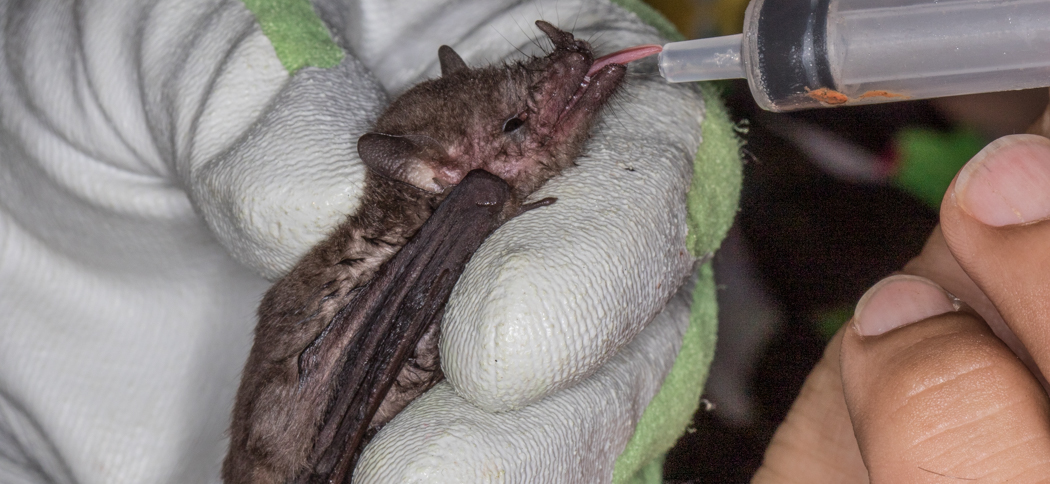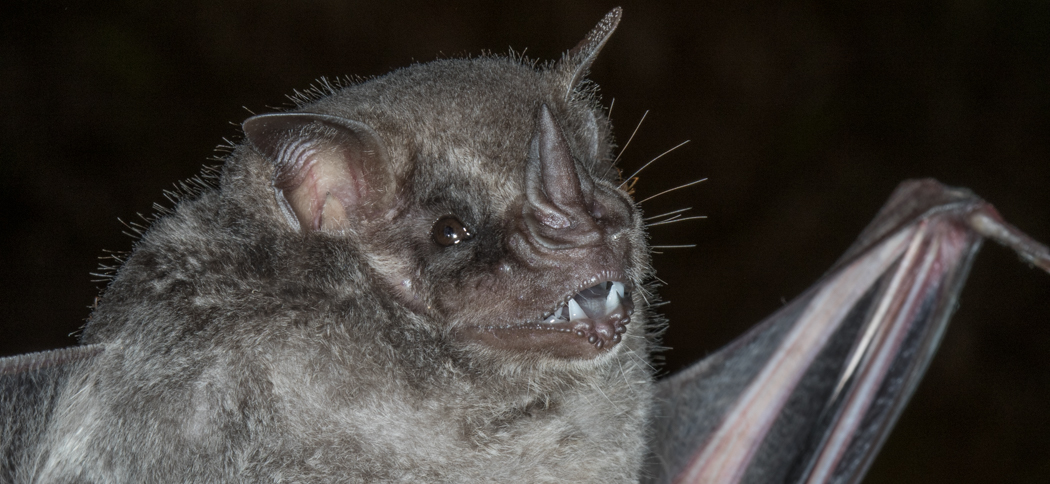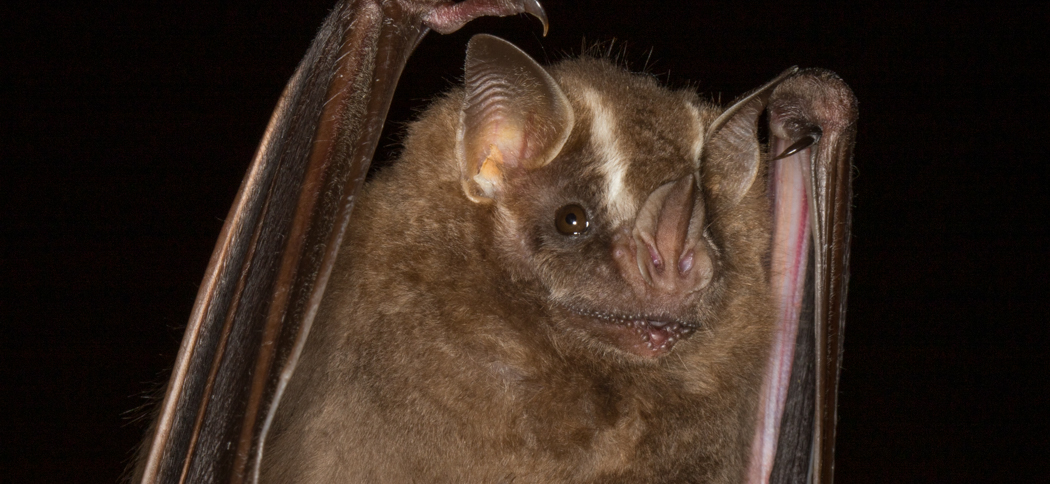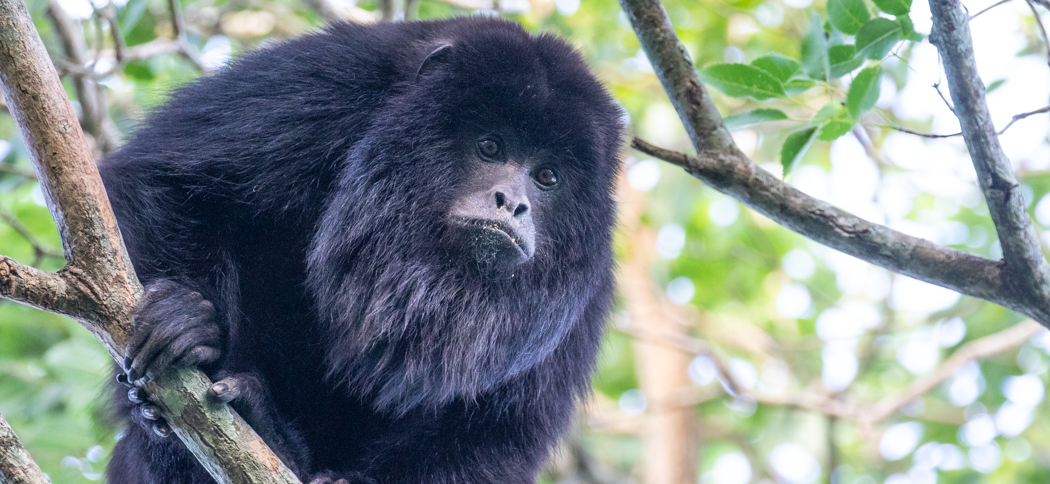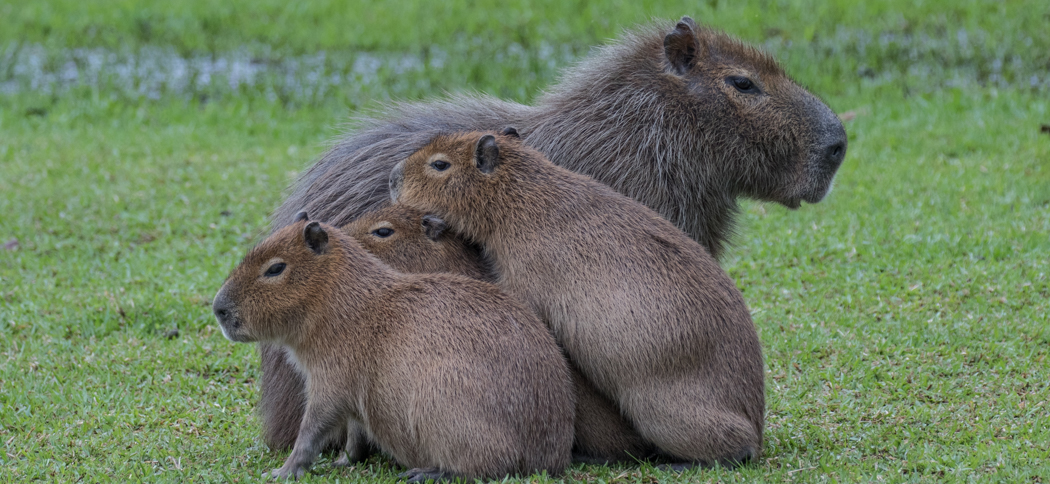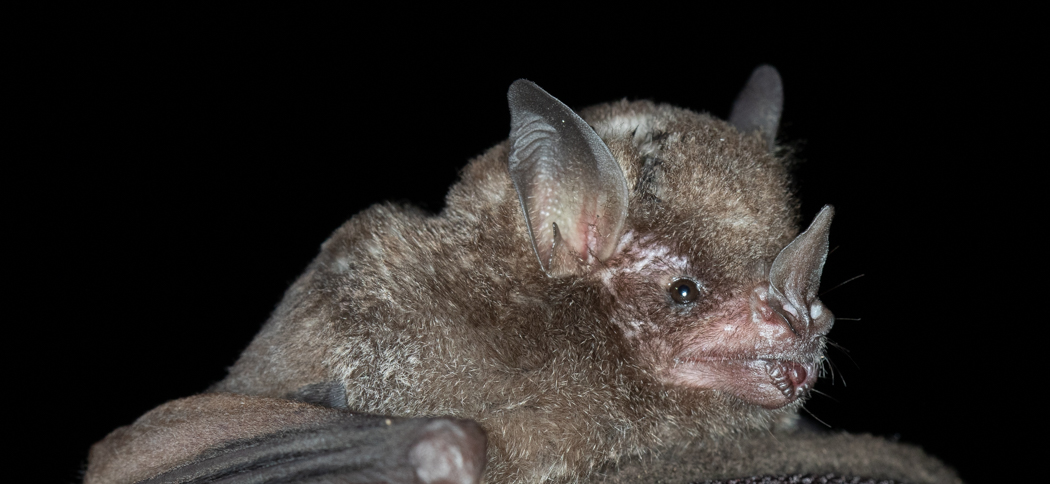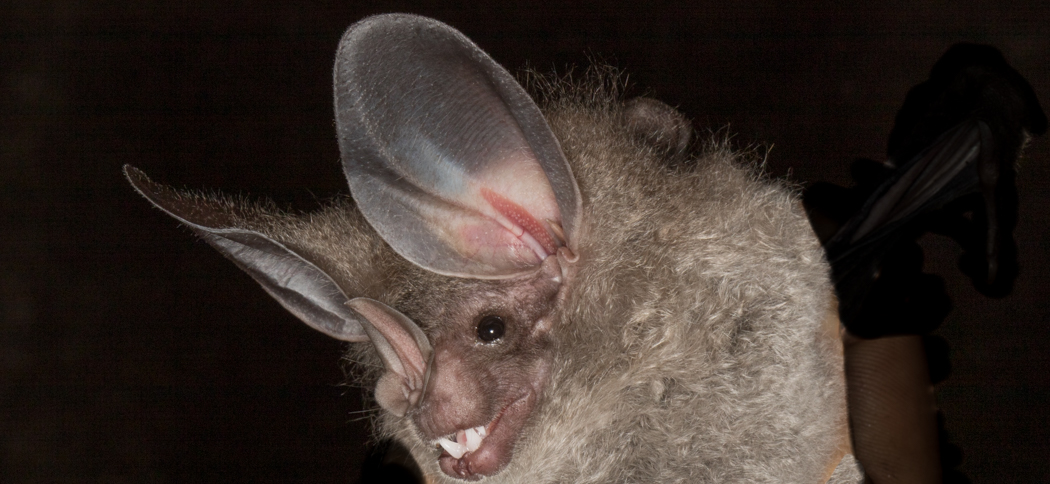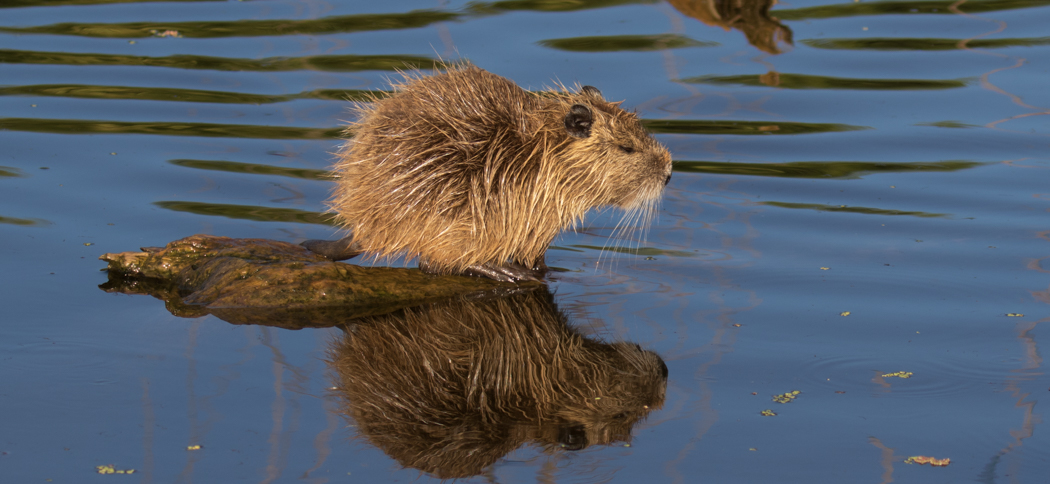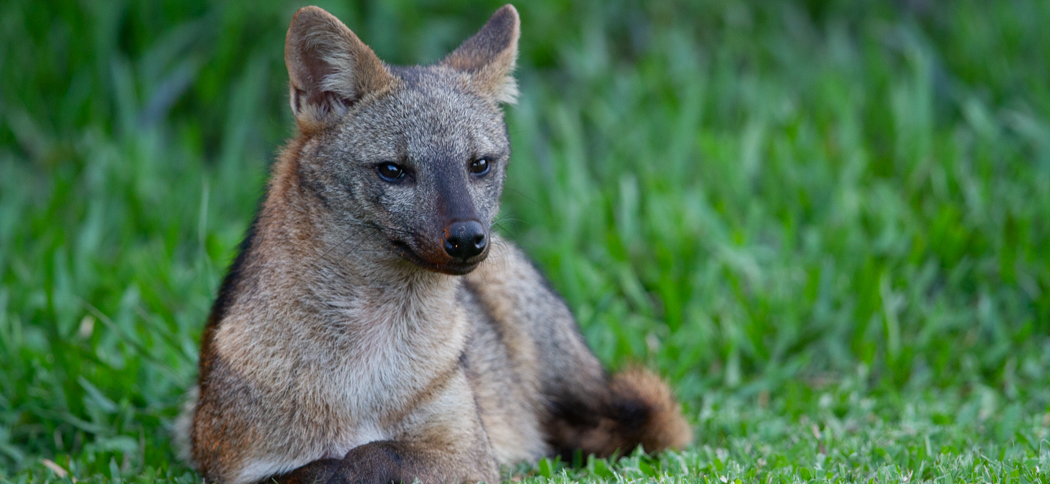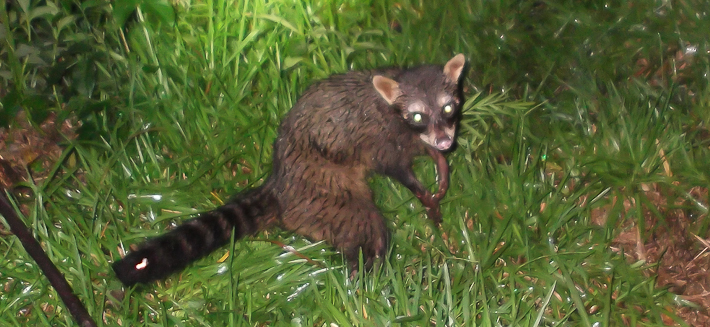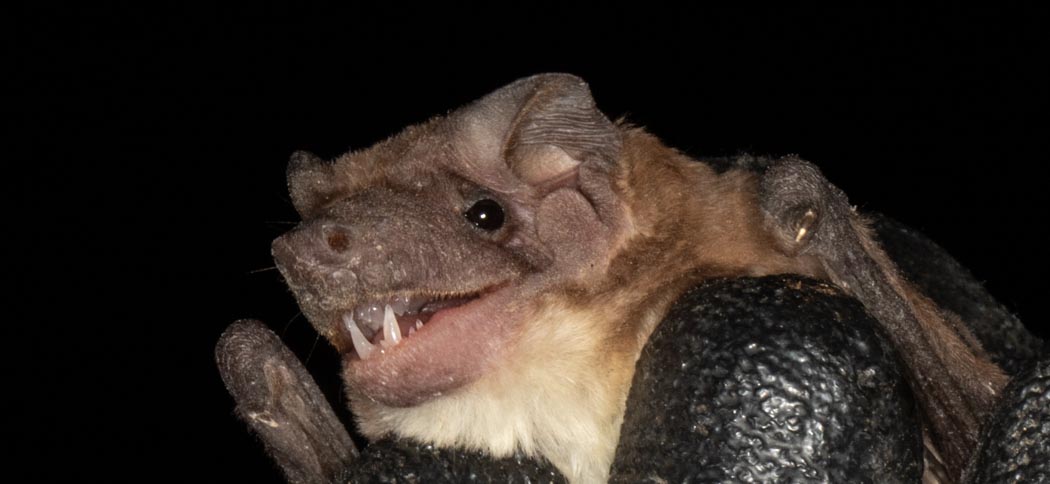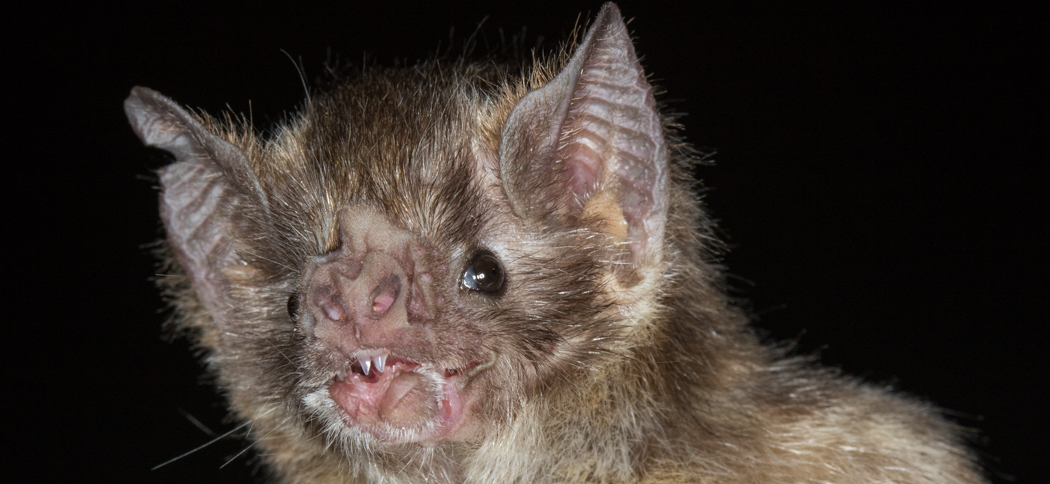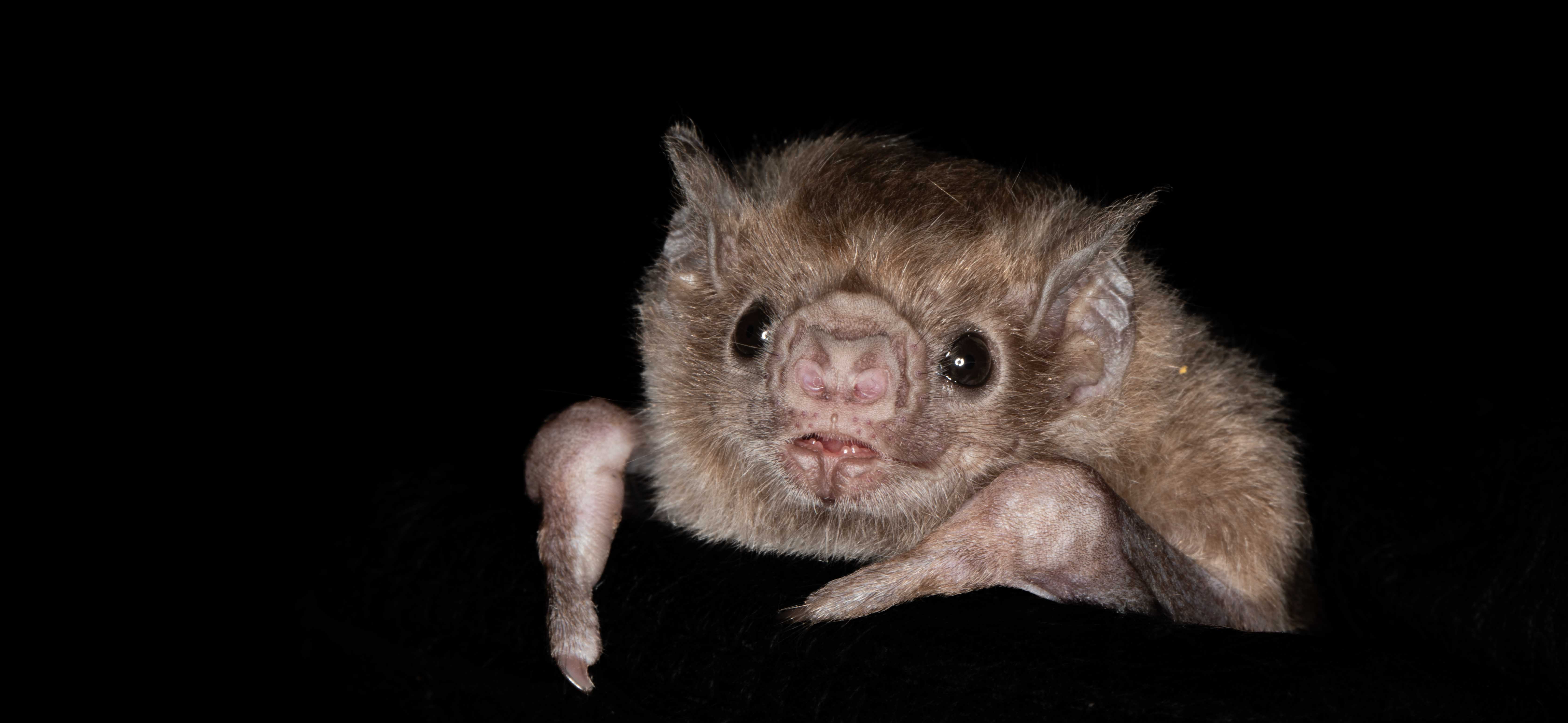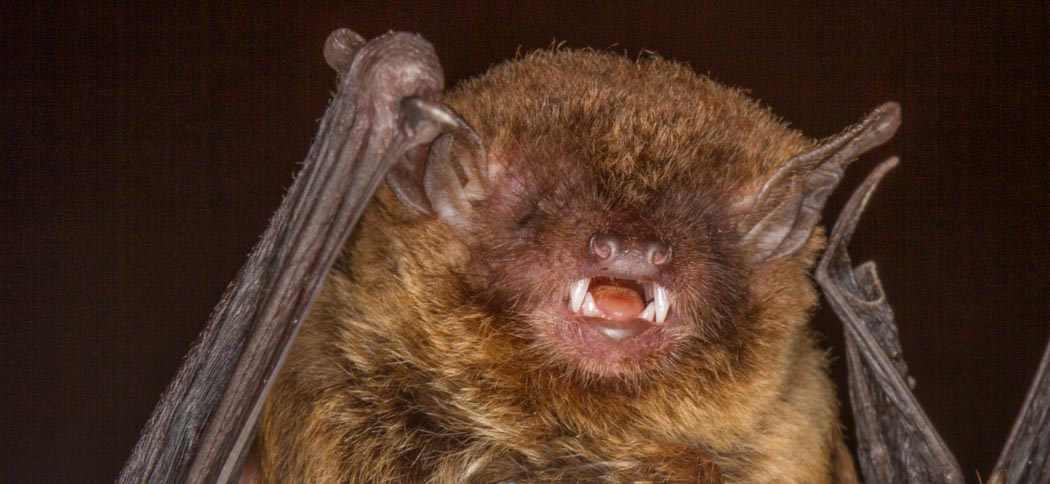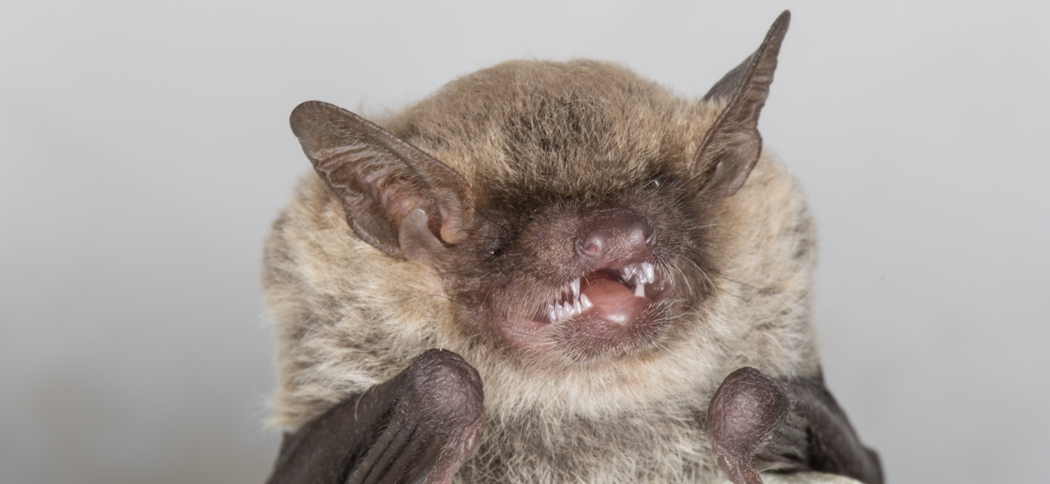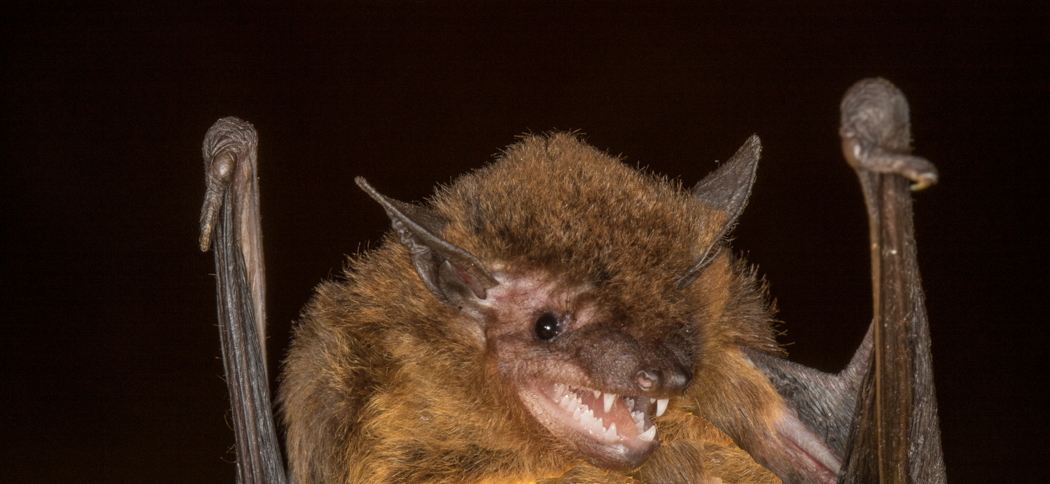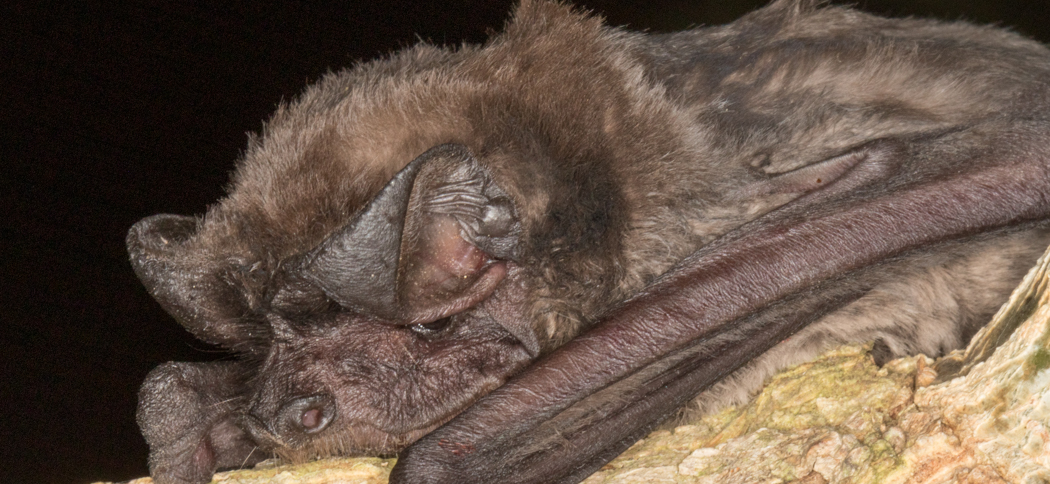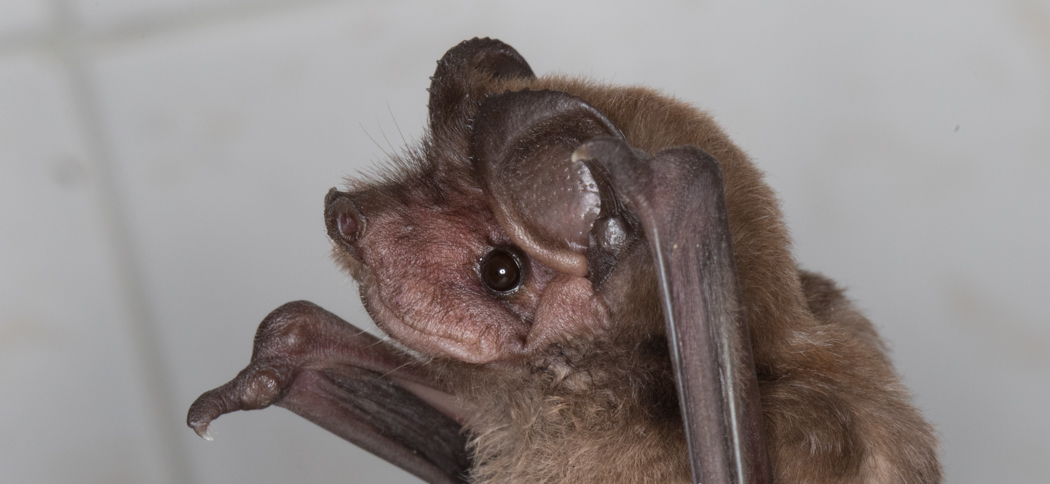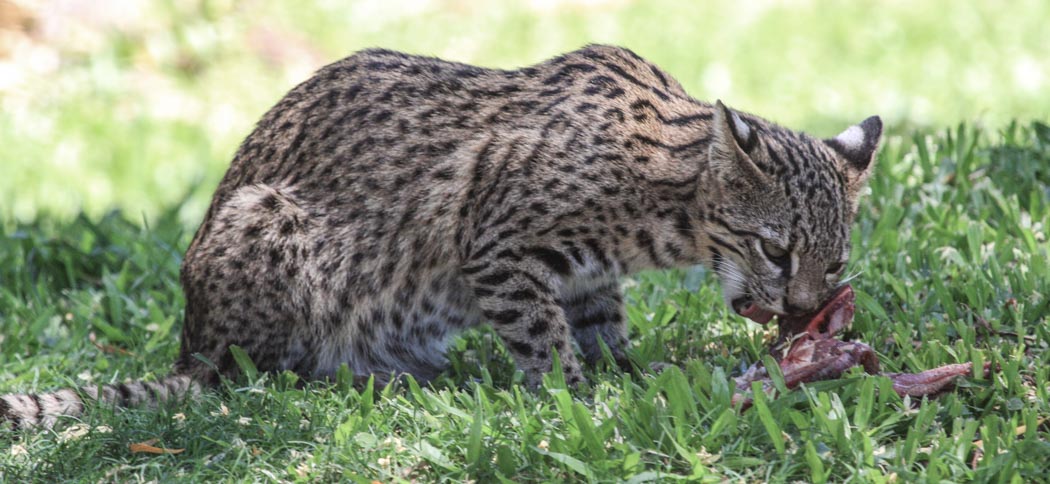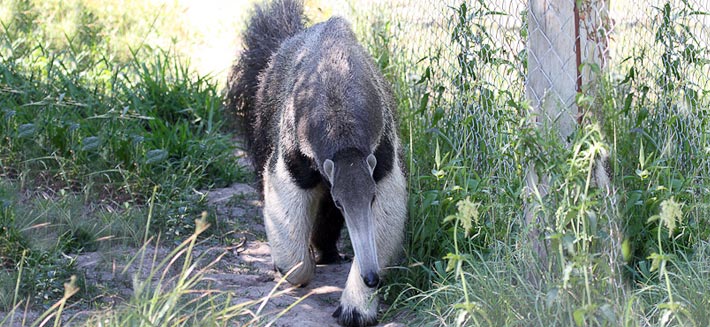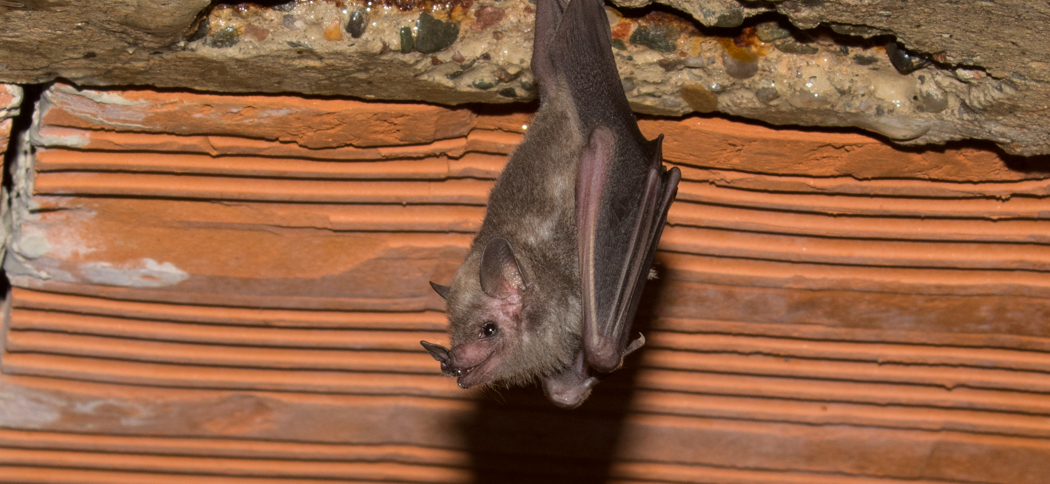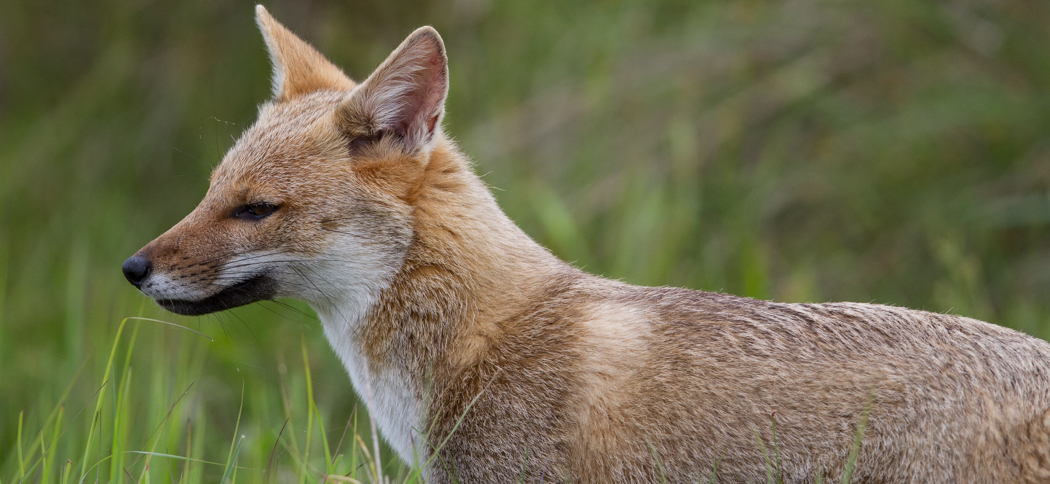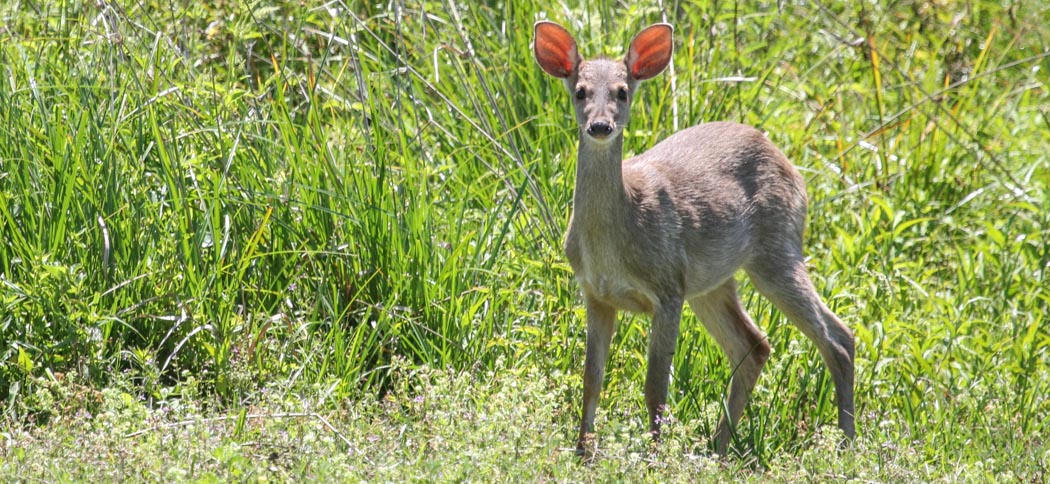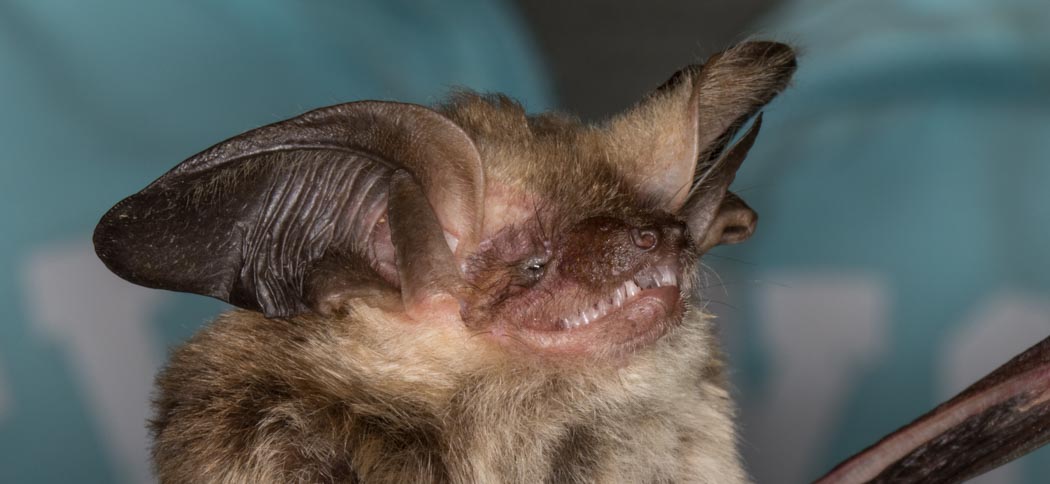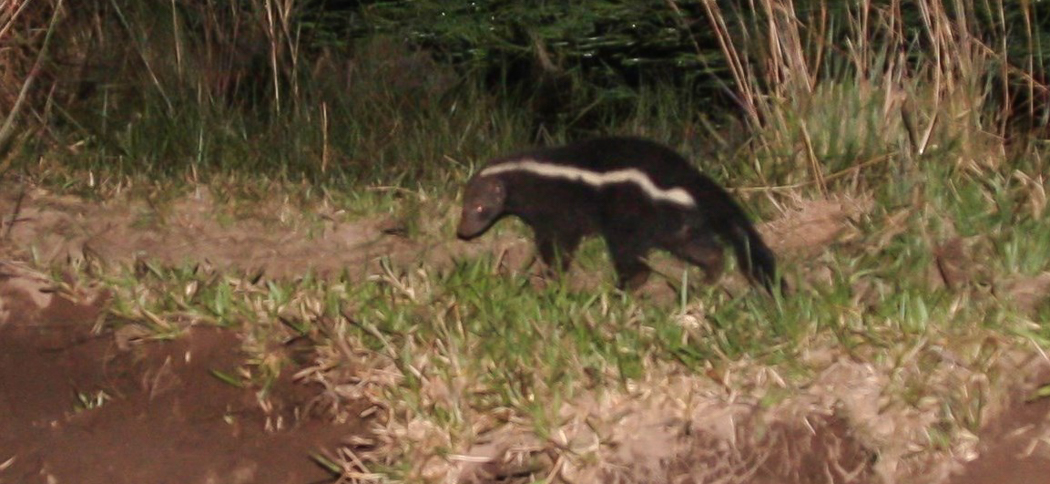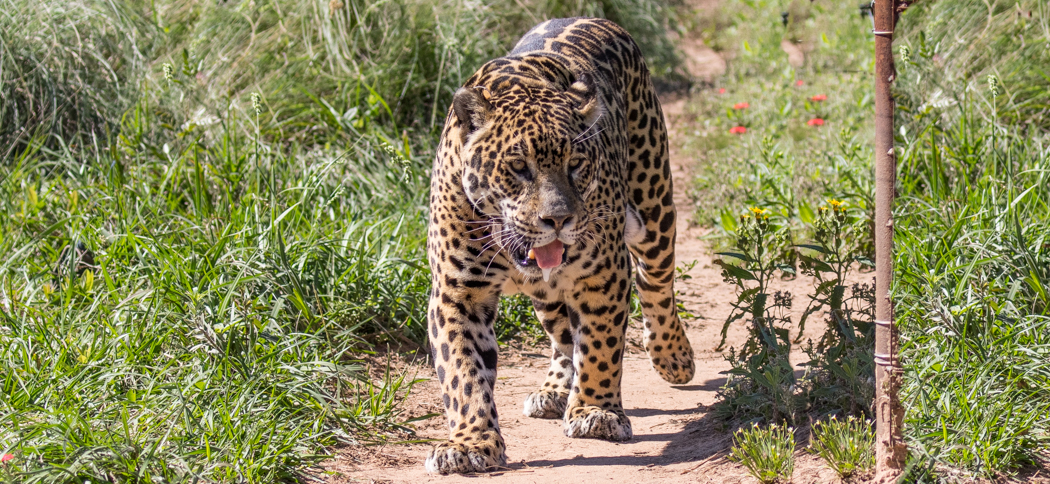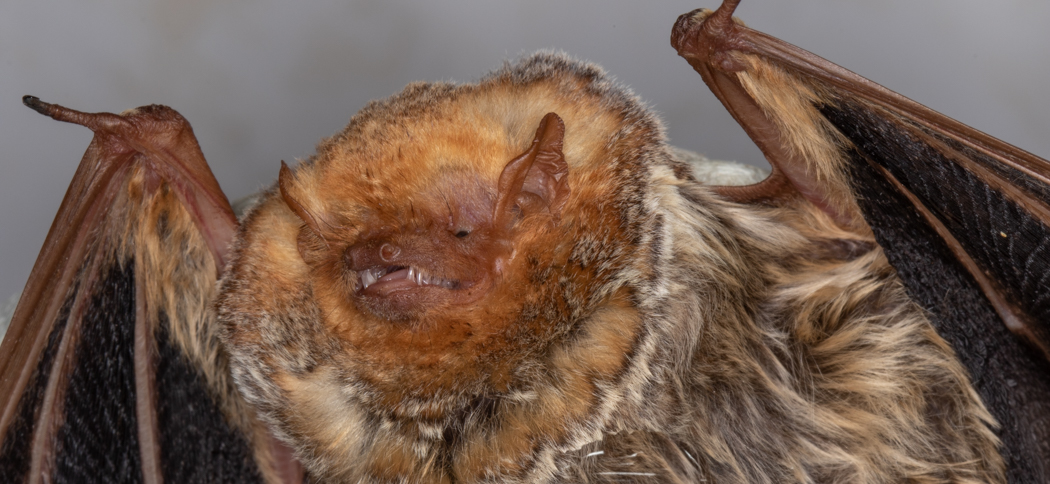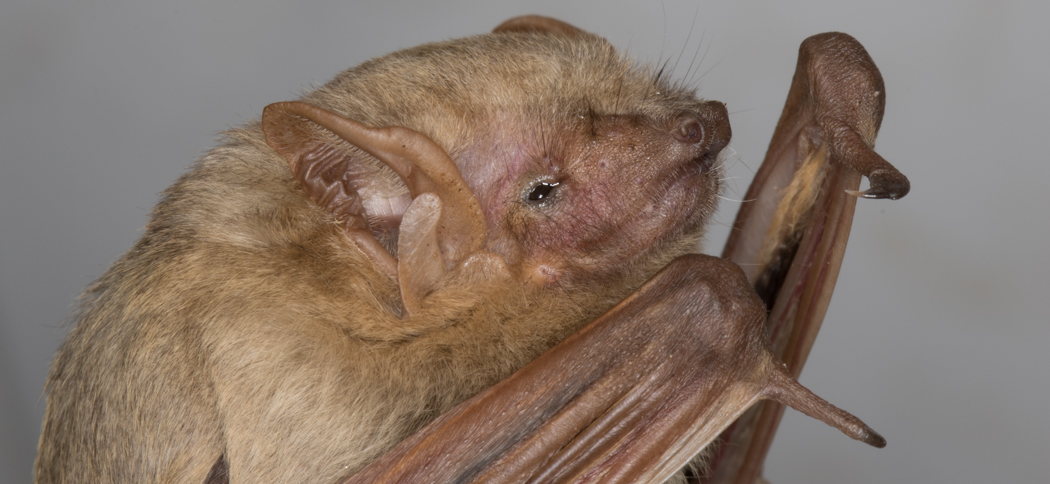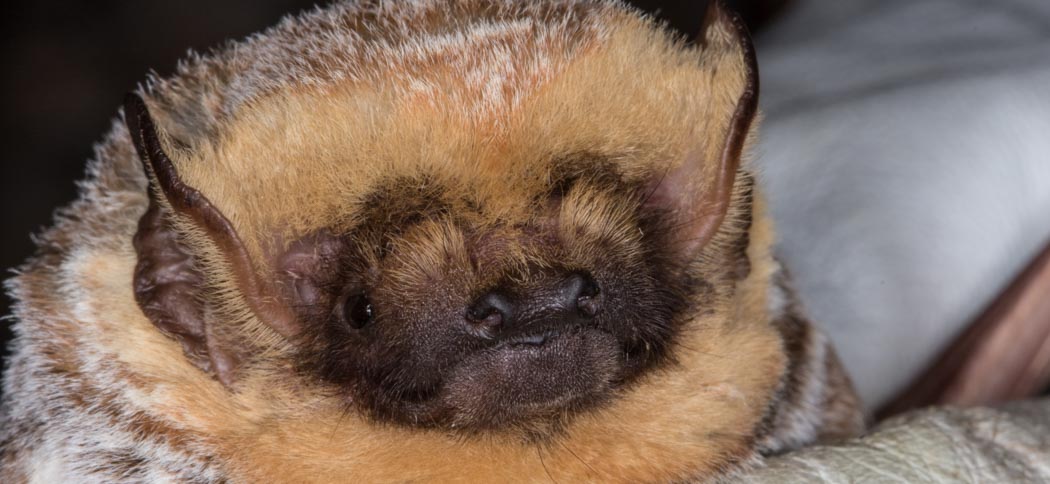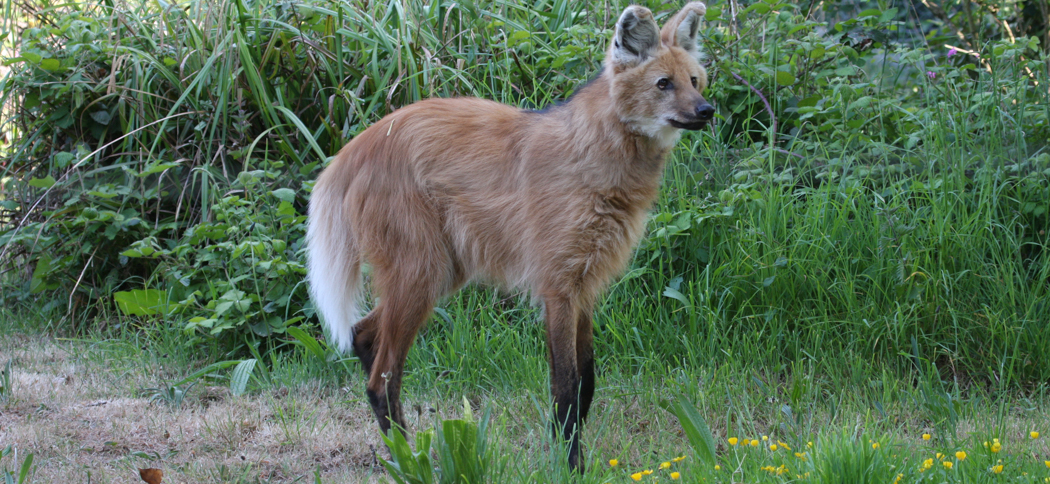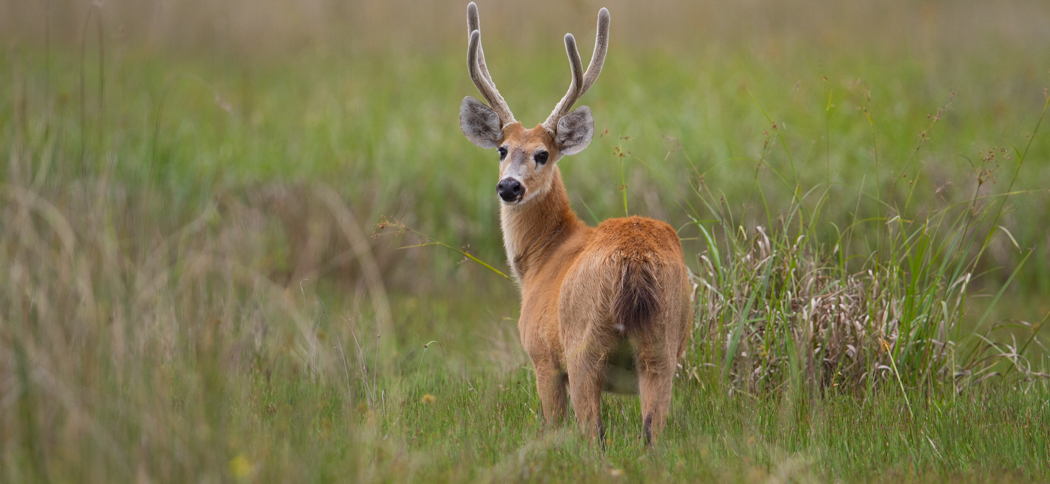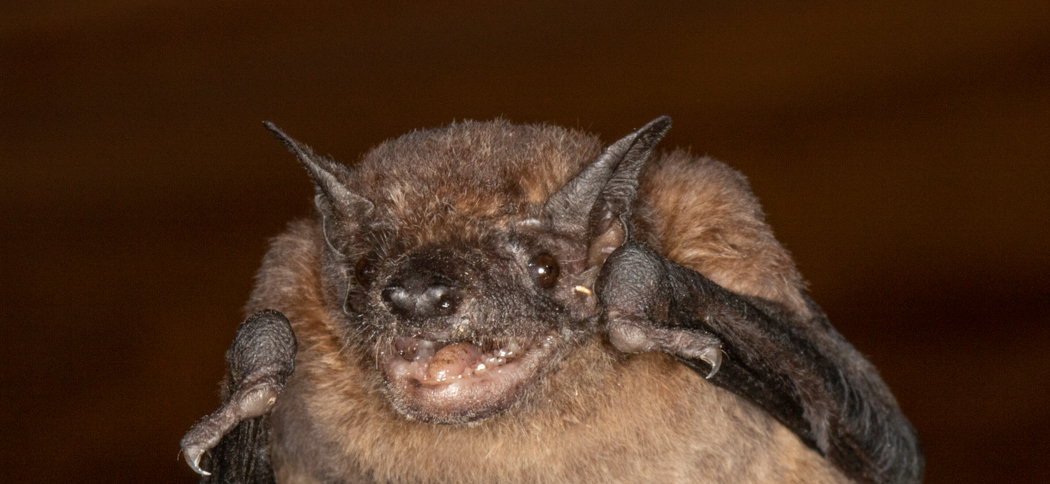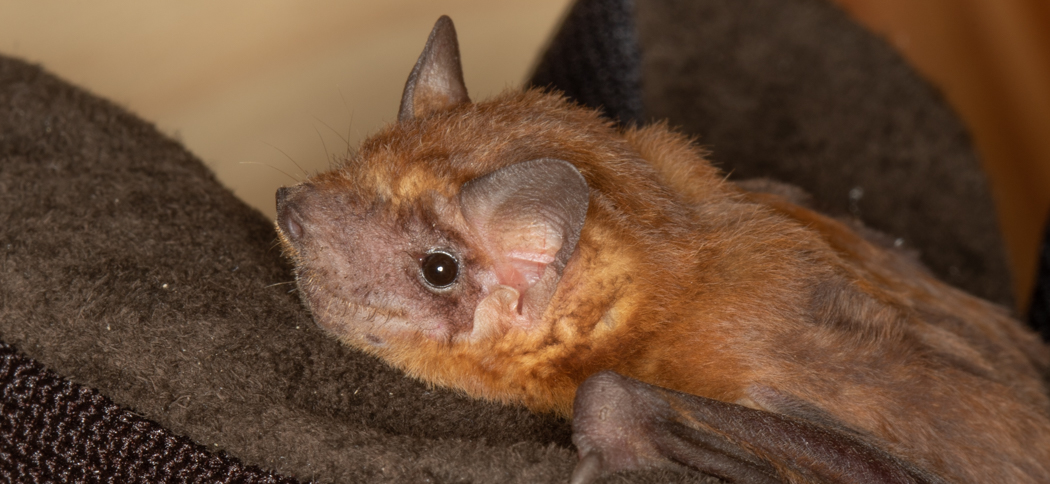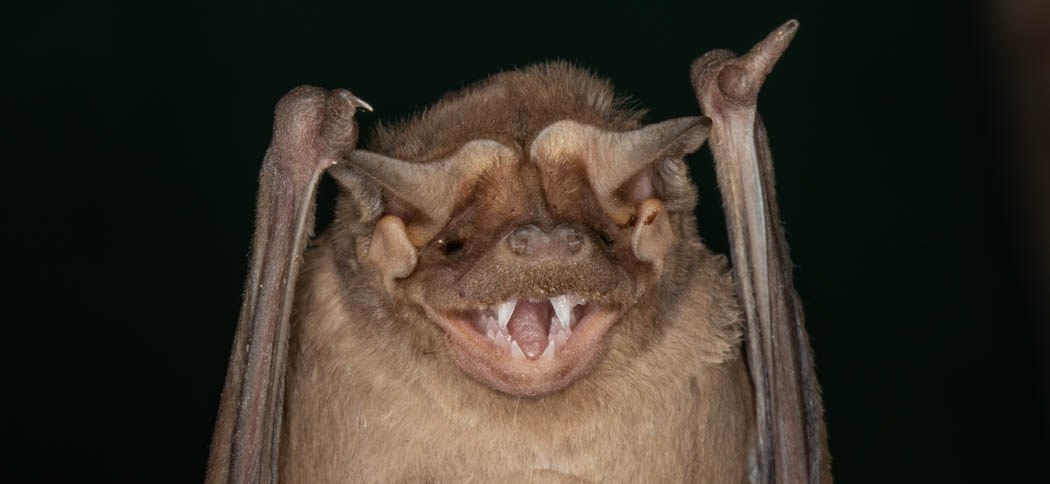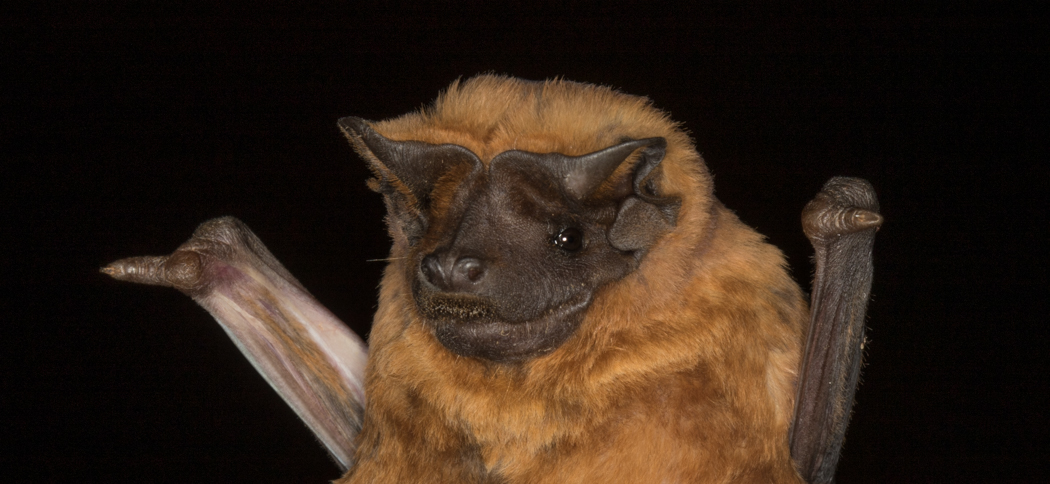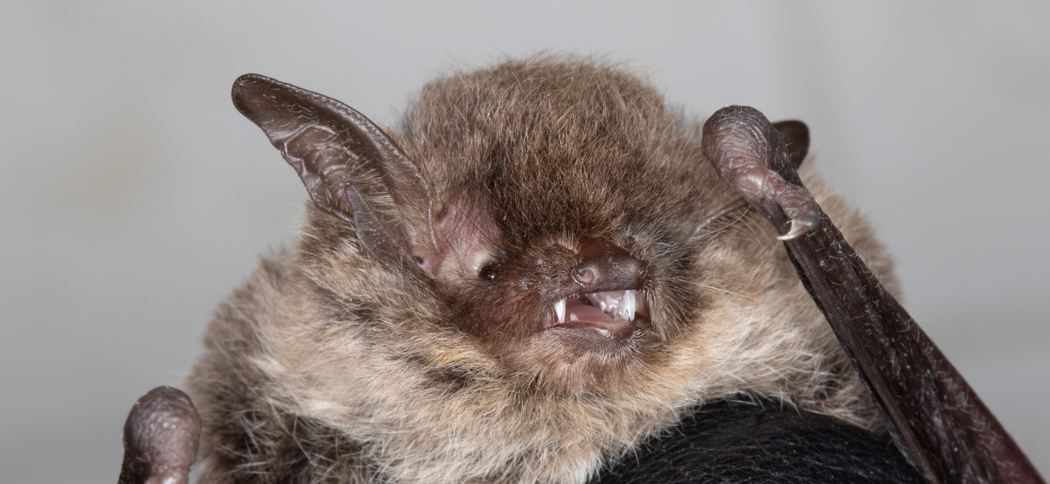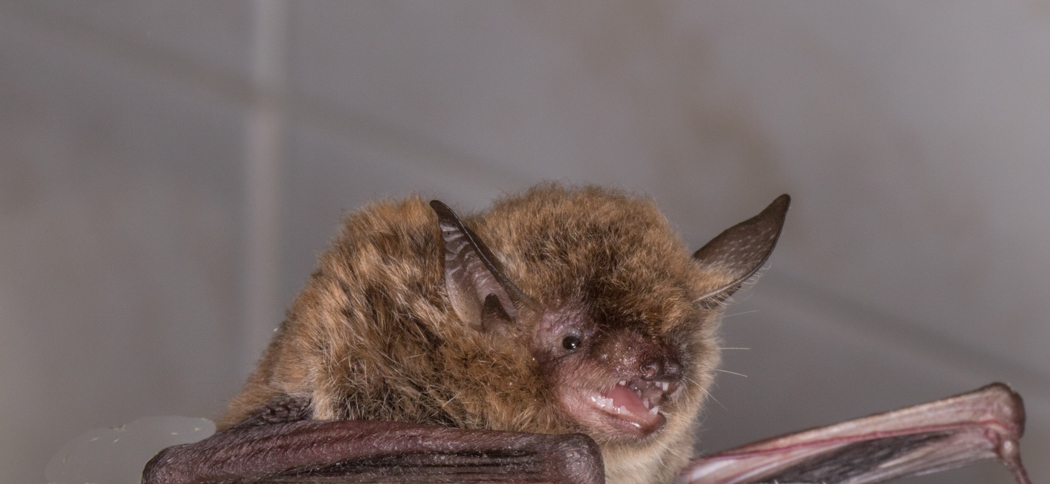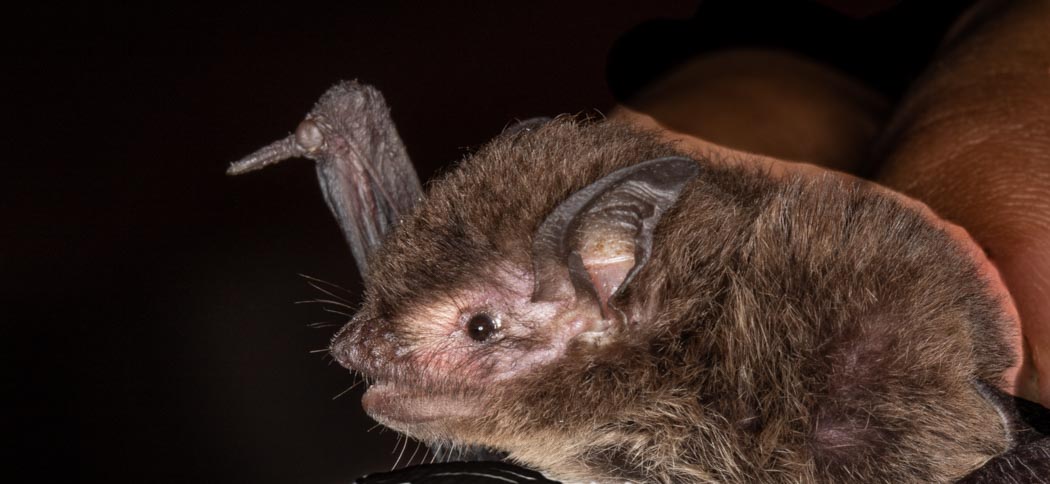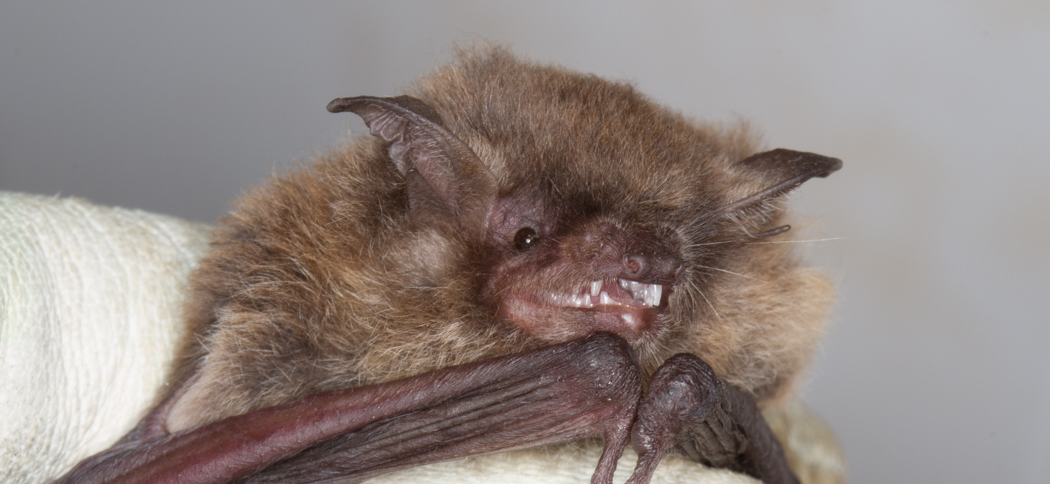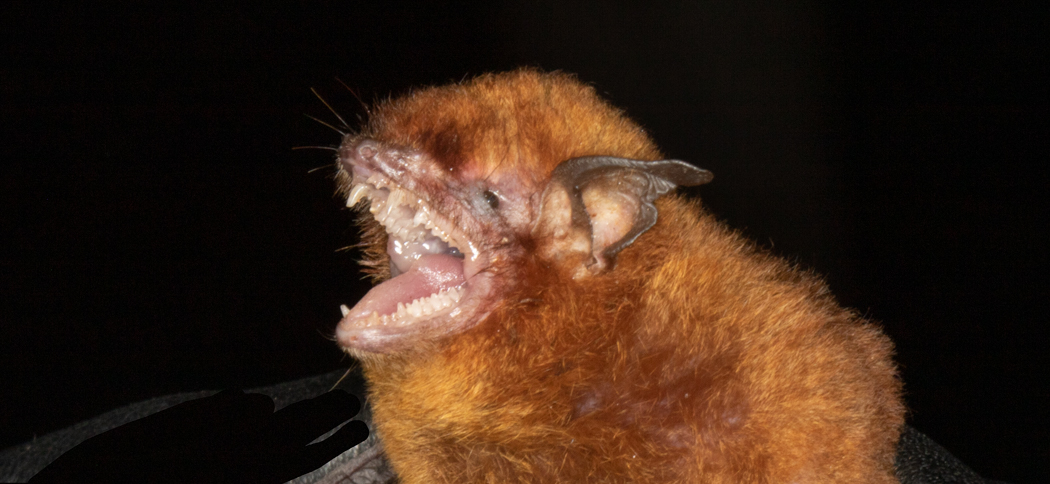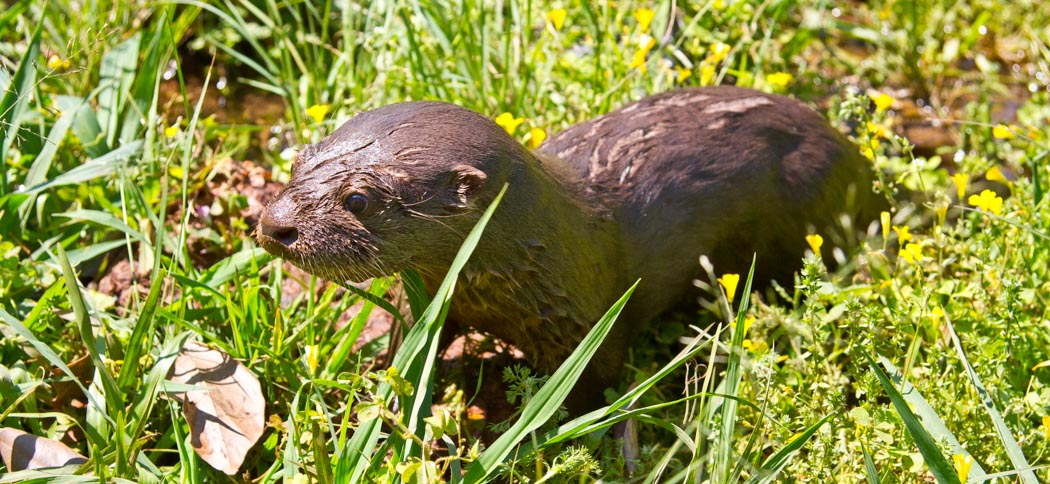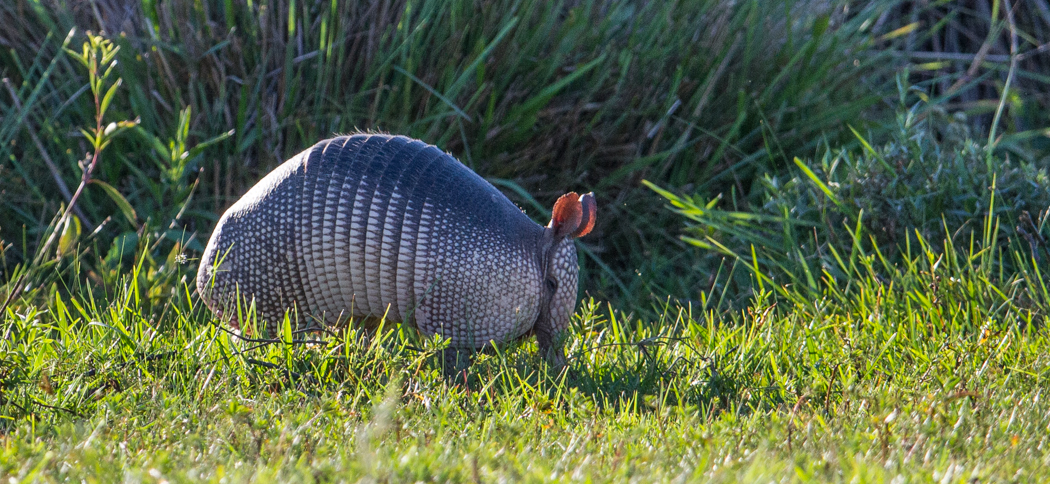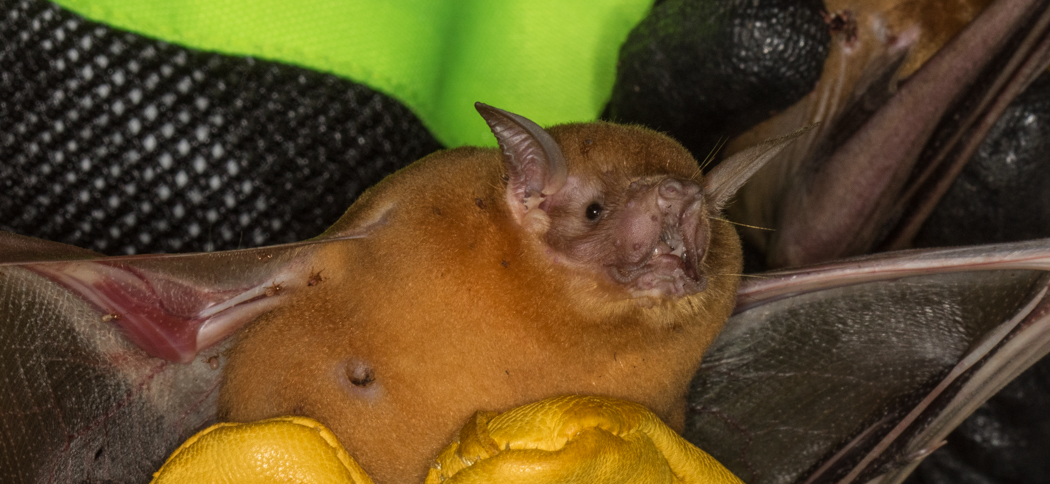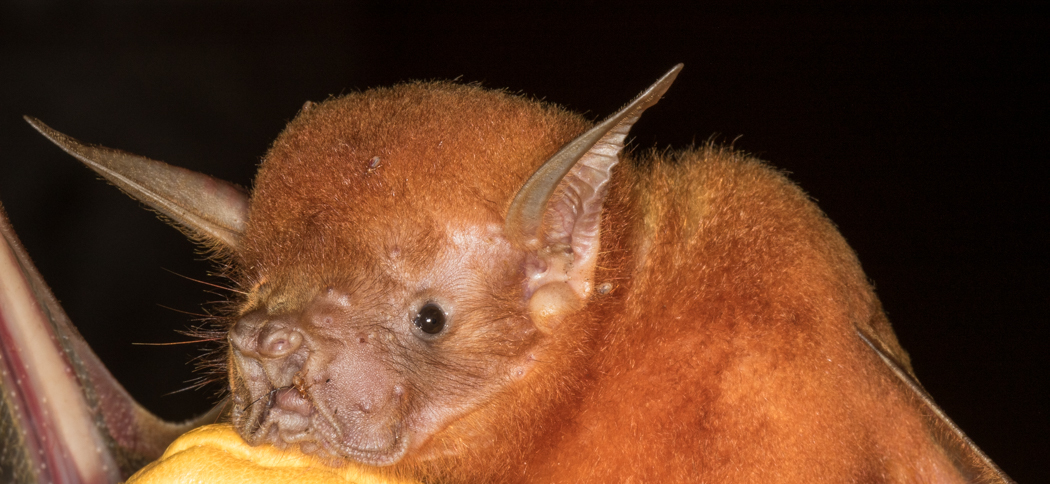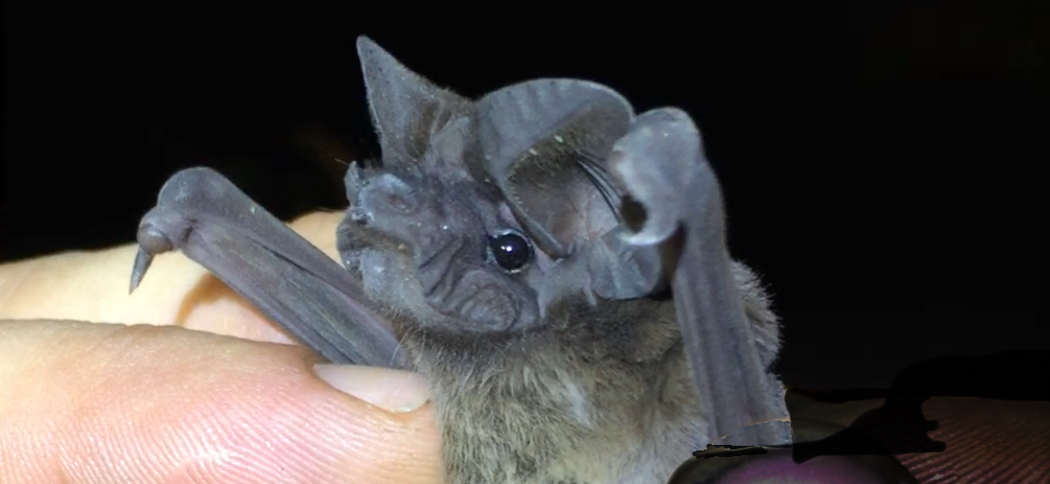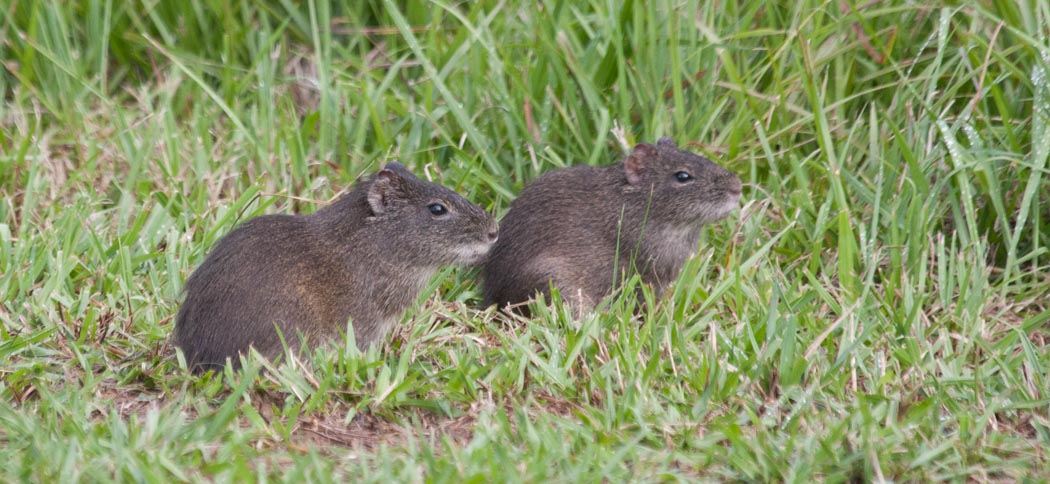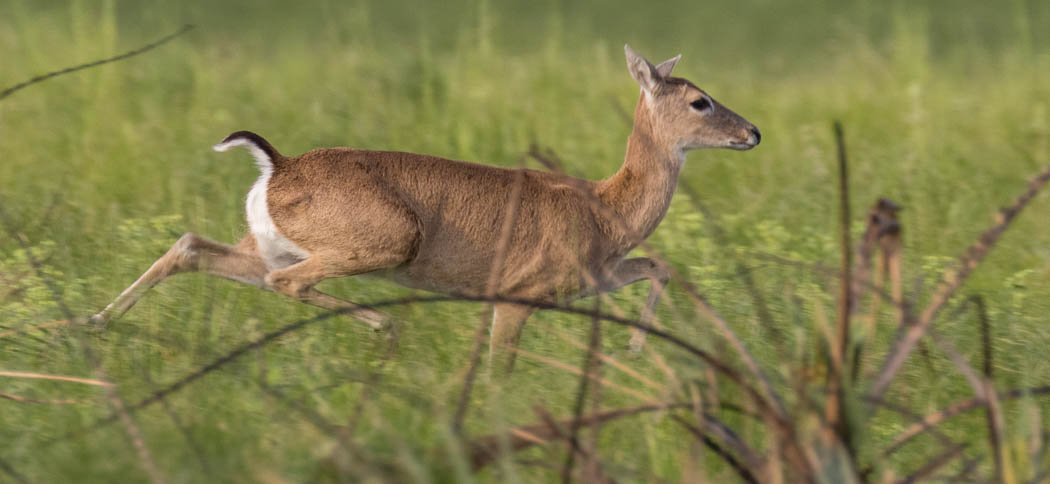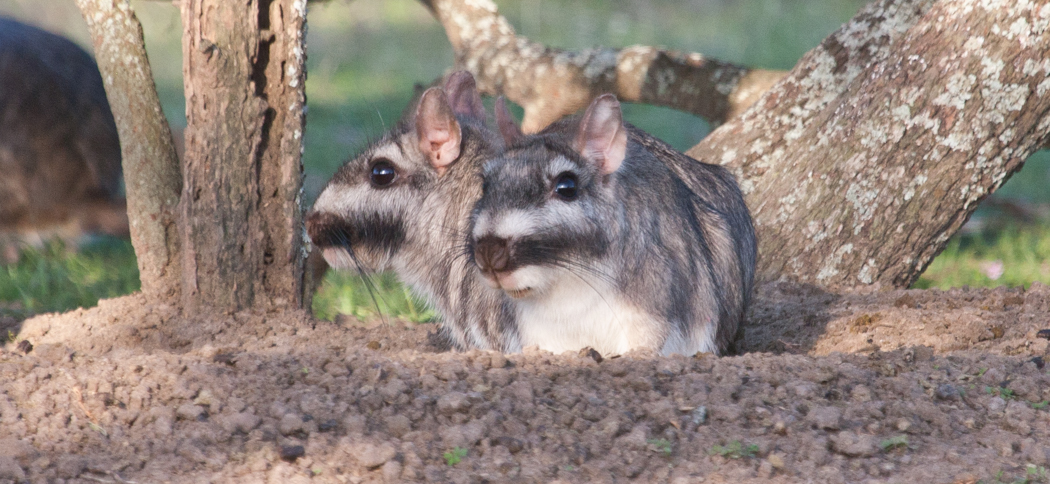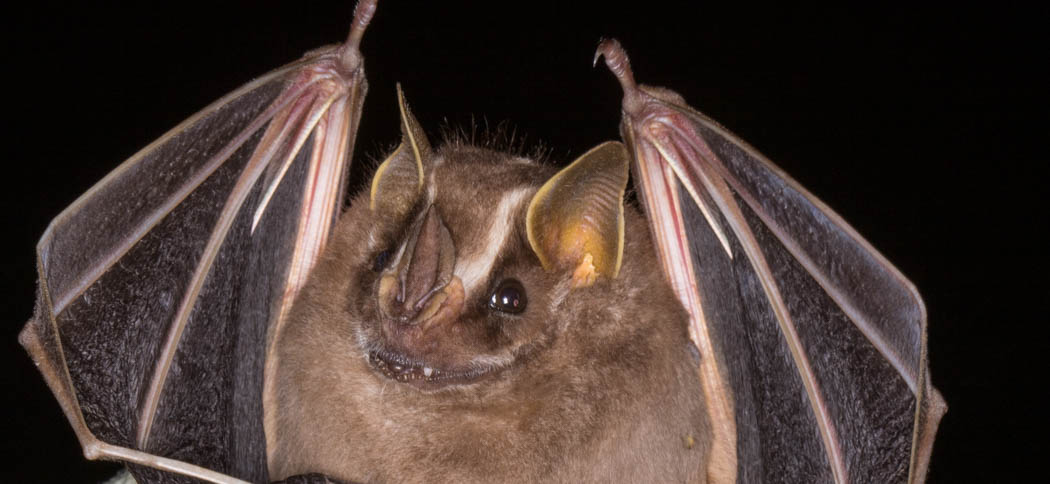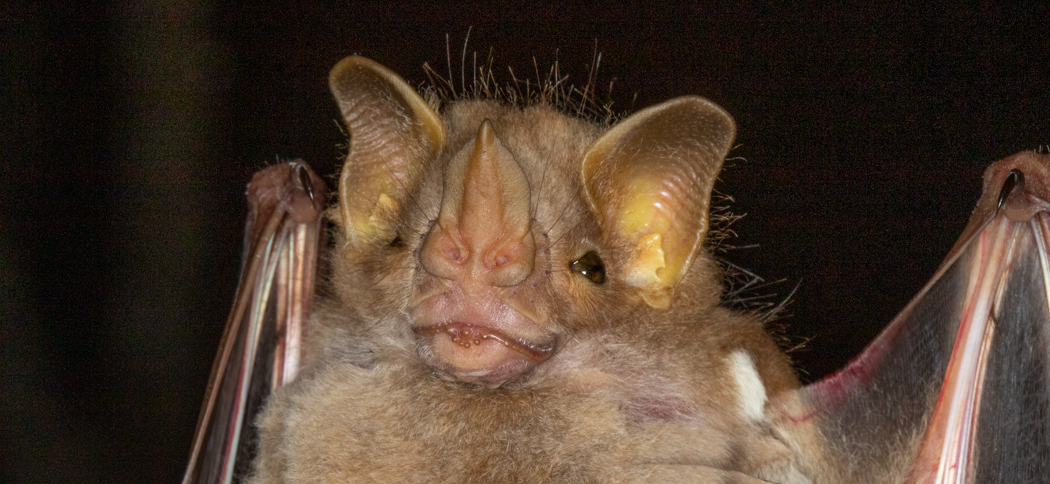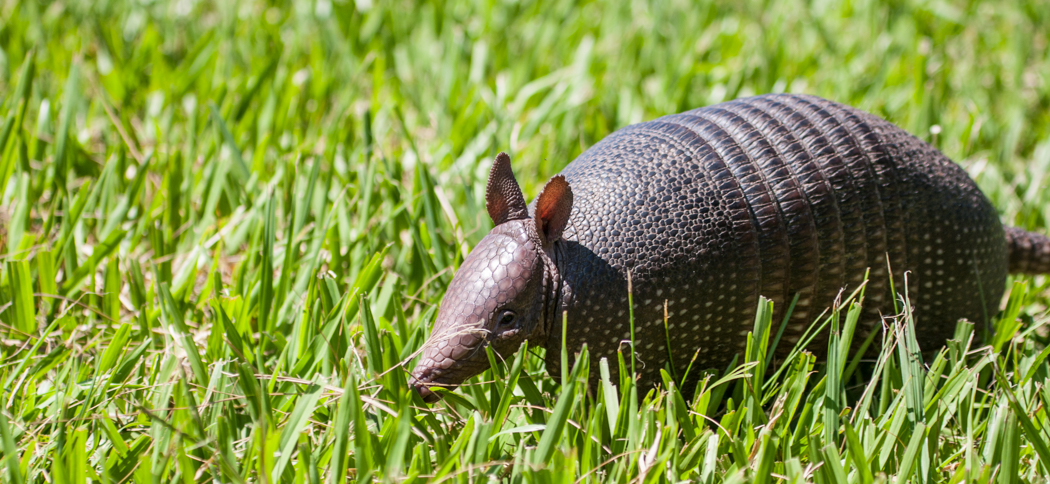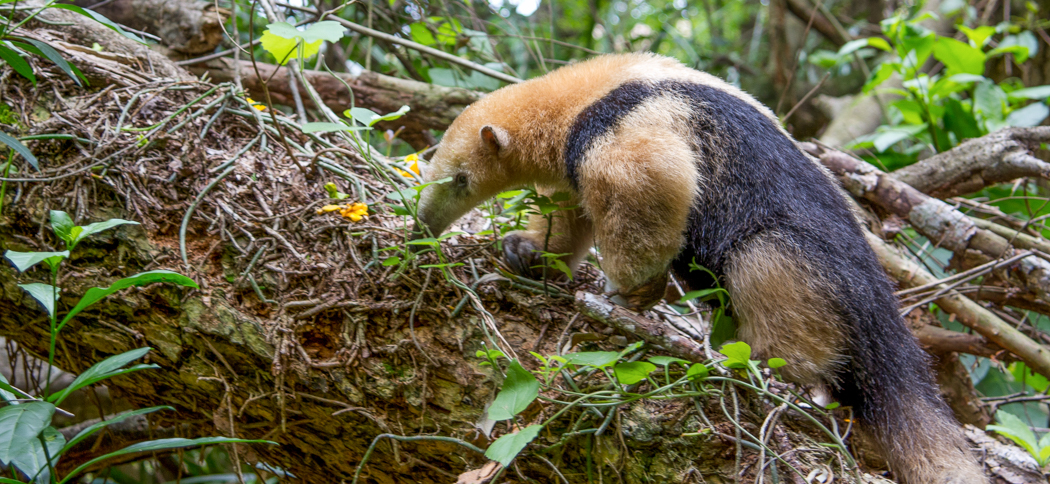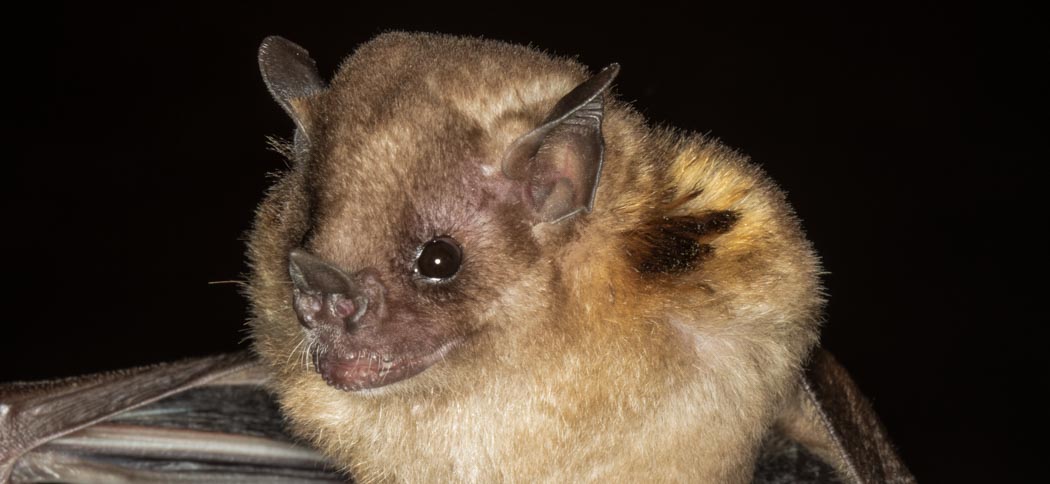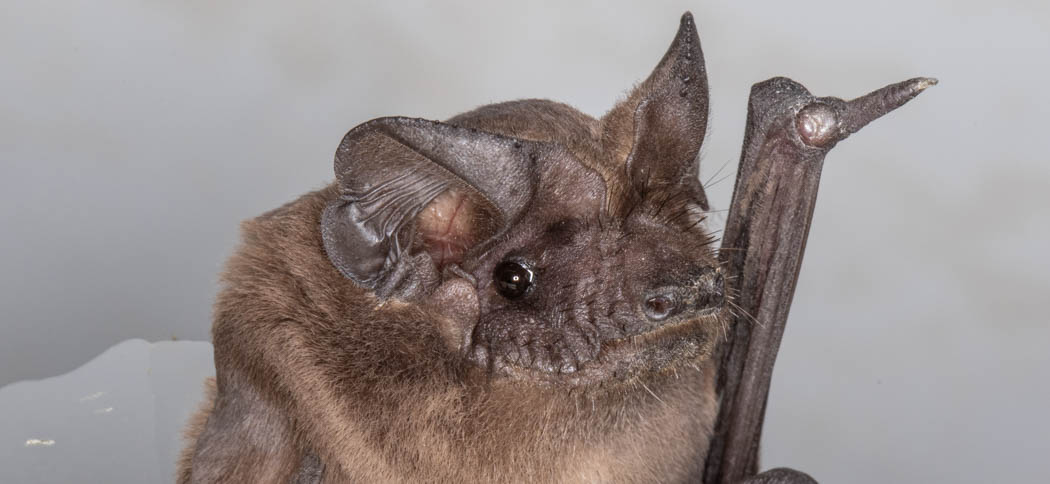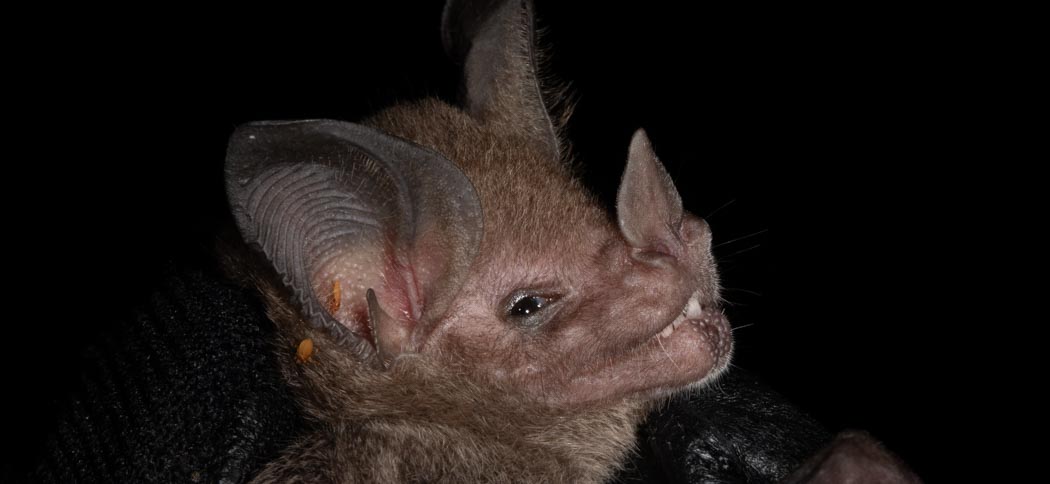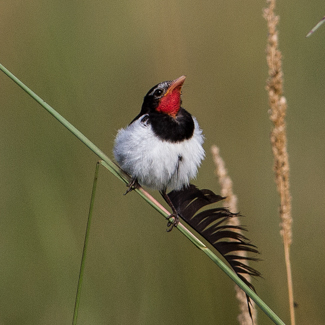
Strange Tails
We're delighted to have a strong population of strange-tailed tyrants at the reserve. So much so that we've adopted these beautiful and endangered birds as the symbol of the Trust
The growing diversity of the animals of Reserva Don Luis is a fresh source of delight every time we return. We don't play favourites, but it's impossible not to engage more with some of our more conspicuous guests. One of these is the strange-tailed tyrant. The male is stoic in his tolerance of one of nature's strangest - and it would seem least practical - adaptations. He's willing to suffer to be beautiful, and somehow manages to fly with tail feathers that were surely designed for a bird three times his size.
We love his perseverance; his resolution to succeed against challenge, and his ability to prove that anything is possible. He's appearing in growing numbers on the Reserva Do Luis, and his success has become an allegory for, and a symbol of, our own.
When we started the process of updating and redesigning our website, we wanted to adopt an image that symbolised our aims and our challenges. This brave little flycatcher, with his indomitable character, was the perfect choice.
The logo is a stylised profile of a male tyrant, silhouetted against the sunrise. We coloured the sun the blue of the Argentinian flag in honour of this country's beauty, its climate and the breathtaking span of magnificent animals that it nurtures.
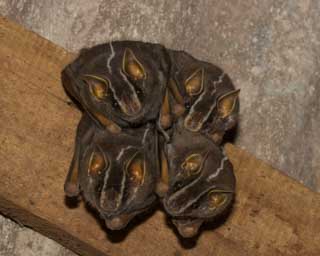
Bat Research
Our bat team is conducting bat research both in the Ibera Marshes and in other provinces. We are especially concentrating on Misiones at the moment where we find the largest bat in Argentina, Chrotopterus auriitus and Myotis ruber, two species that we are researching.
Mammals of Iberá
Esteros del Ibera
The Iberá natural reserve is a protected area of some 13,000km2 in the province of Corrientes in NE Argentina. The area consists of swamps, bogs, lakes, floating islands, lagoons, streams and a large amount of grassland which hosts a wide variety of mammals. There are also small to medium sized woods dotted around the natural reserve in which live the Black Howler Monkeys.
The Pampas deer is critically endangered in Argentina due it it being hunted to near extinction before it became protected. These mammals tend to live in the drier areas of Iberá, often alongside cattle.
The Marsh Deer is locally relatively common in the Ibera basin and we expect to see at least one per day at the Reserve.
The Giant Anteater has been extant from the area since the 1970s but has recently been re-introduced by 'Conservation Land Trust' who run other similar projects. The marshes are riddled with anthills and termite hills making this area very attractive to these mammals. It is however on the southern limit for this species and they can be adversely affected by cold winters here.
There are at least 16 species of bat here, of which we have managed to mist net and examine 15. Bat research has been our main project since 2016 and we have a regular team of 4 that carry out research in Corrientes and now also Misiones. We now have hundreds hours of bat recordings from the reserve as well as recordings of bats on release. We are making our own Argentine bat call library as there is no official one in the country.
There are many nocturnal species here including two species of fox, the Crab-eating Racoon, Geoffroy's Cat, Plains Vizcacha, Skunk, two species of Opossum, Maned Wolf, three species of Armadillo and of course the bats. Then Maned Wolf has been seen on several occasions around our reserve and frequently heard calling at night. However it prefers drier conditions so when we are back to being a wetland it tends to move away. However it was seen several times during the long drought of 2019 - 2023 and we are keeping an eye out for footprints and droppings, and always for images on our camera traps.
The images that follow are mammals that are found at Reserva Don Luis and the surrounding area. For example we do not have any Opossums mainly because our woodlands are small and isolated. We have never seen a Jaguarundi nor a Hare and we only have 2 species of Armadillo.


